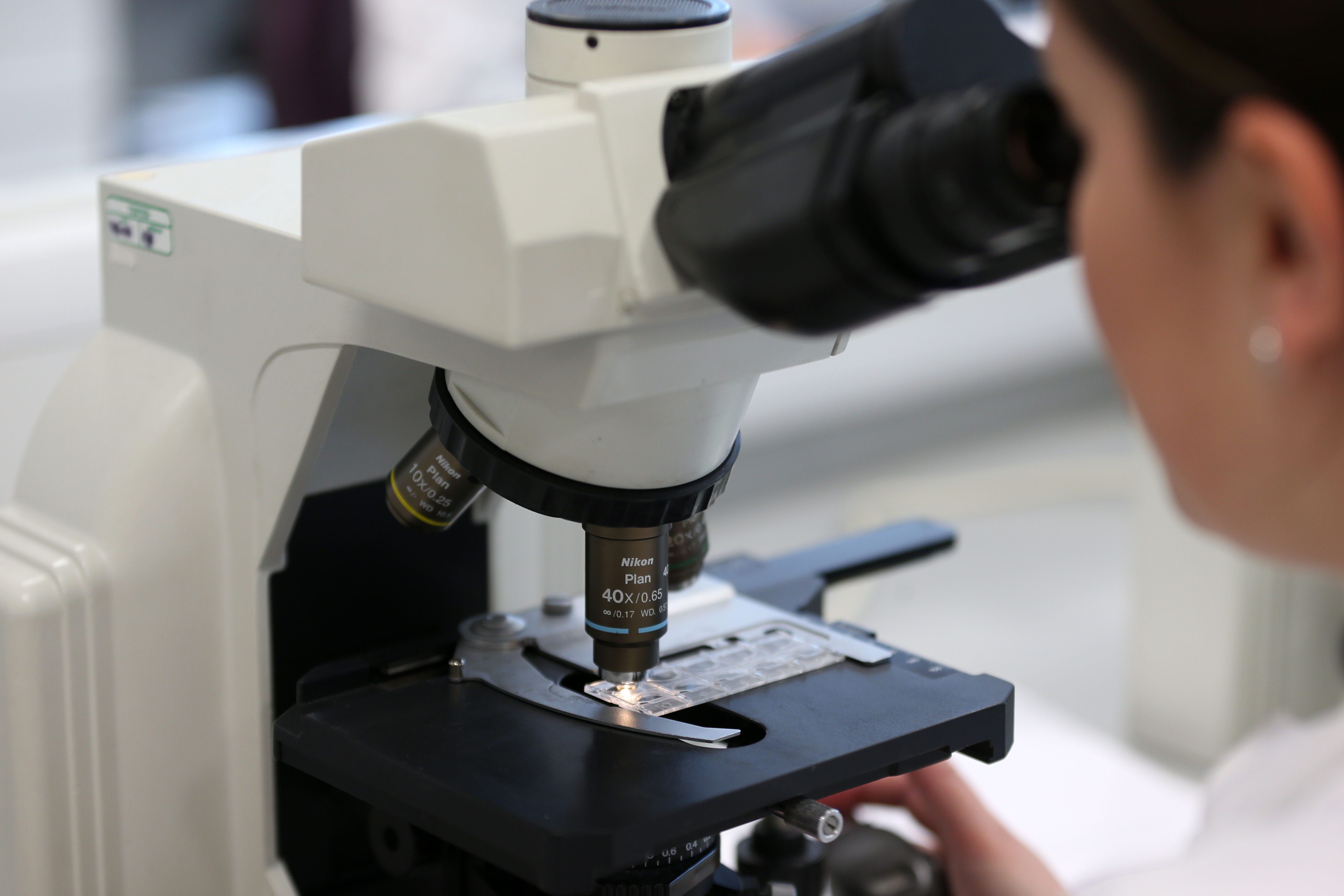Scientists investigating new treatments for chronic pain in cancer survivors
Around eight out of 10 children survive their cancer for 10 years or more, but more than half of them report delayed and ongoing pain in adulthood.

New treatments that could help tackle chronic pain experienced by thousands of childhood cancer survivors are being investigated by scientists in the UK.
Around eight out of 10 children survive their cancer for 10 years or more, figures suggest, but more than half of them report delayed and ongoing pain in adulthood.
This is because cancer treatments such as chemotherapy in early life can damage nerve cells in the body that detect pain, altering how pain is perceived as the patient grows into adulthood, Dr Richard Hulse, of Nottingham Trent University (NTU), said.
Ongoing pain post-treatment is a significant problem in children that live into adulthood and can severely impact their quality of life
He said: “There has been a significant improvement in lifespan post cancer treatment, and while amazing, this has brought to light other medical challenges.
“Ongoing pain post-treatment is a significant problem in children that live into adulthood and can severely impact their quality of life, but we still know little about the biological pathways and mechanisms driving this.”
Dr Hulse, who specialises in sensory physiology at NTU’s School of Science and Technology, said this altered perception of pain means basic everyday tasks such as putting clothes on, having a shower, or going to bed, can be uncomfortable for many cancer survivors.
His team is working to uncover the pathways through which chemotherapy causes patients to experience ongoing pain by damaging nerve cells, as part of a two-year study funded by the Medical Research Foundation.
In healthy people, the body’s natural immune system helps preserve the mitochondria – the energy-producing powerhouse – of nociceptor cells, nerve cell endings that initiate the sensation of pain.
But Dr Hulse said chemotherapy can stop this from happening.
He said: “We want to explore how the immune system and these nerve cells interact.
“Mitochondria are important as they provide the cells with energy.”
The team said it wants to investigate whether transferring mitochondria from healthy cells to chemotherapy-damaged nerve cells can stop the nerves from generating pain.
Dr Hulse said: “So, if functional healthy mitochondria are transferred this may help nerve health.
“We believe this could provide a unique pathway to protect nerves from pain and provide an avenue to identify potential new treatments.”
Bookmark popover
Removed from bookmarks